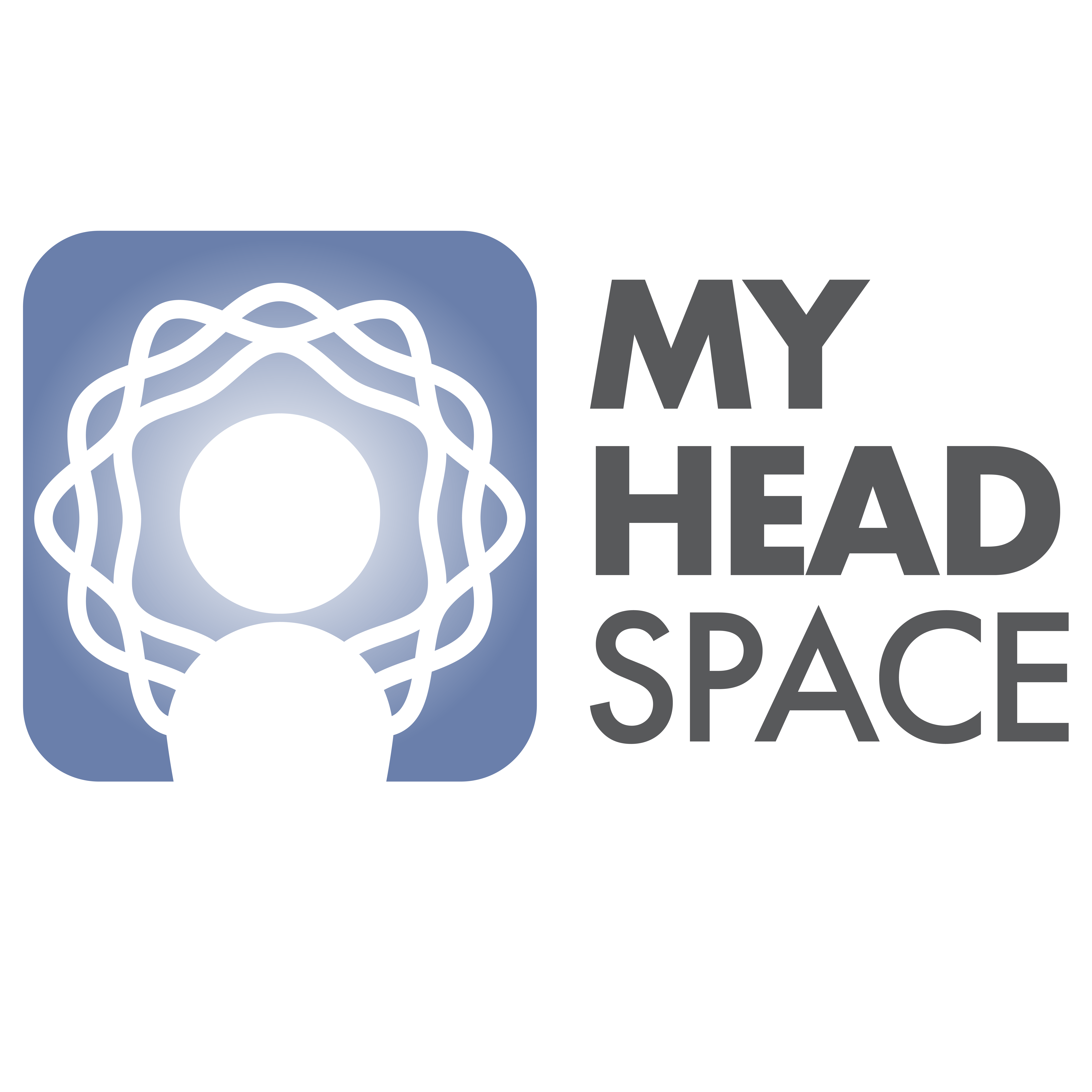
Cognitive Behavioral Therapy
Cognitive Behavioral Therapy (CBT)
Cognitive Behavioral Therapy (CBT) is a structured, goal-oriented psychotherapy that helps you identify and change negative thoughts and behaviors. It focuses on the present, emphasizing practical solutions rather than exploring the past. You’ll work closely with a therapist to understand the connection between your thoughts, feelings, and actions. Techniques like cognitive restructuring, behavioral activation, and mindfulness help you tackle current issues effectively. CBT provides you with problem-solving skills that promote better coping and well-being. Interested in discovering more about how CBT can transform your mental health? Keep going.
- CBT is a structured, goal-oriented psychotherapy focusing on identifying and changing negative thought patterns and behaviors.
- It emphasises present issues and practical solutions rather than delving into past experiences.
- Techniques include cognitive restructuring, behavioral activation, exposure therapy, mindfulness, and problem-solving skills.
- CBT is effective in reducing symptoms of various mental health conditions through a collaborative partnership between the individual and therapist.
- Finding a qualified CBT therapist involves checking certifications, specialization, treatment approach, and reading reviews.
Understanding CBT
Cognitive Behavioral Therapy (CBT) is a structured, goal-oriented form of psychotherapy that helps you identify and change negative thought patterns and behaviors. Unlike other forms of therapy that might delve into your past, CBT focuses on the here and now. By doing so, it empowers you to tackle your current problems, making you feel more in control of your life.
In CBT, you’ll work closely with a therapist to understand how your thoughts affect your feelings and actions. You’ll learn to recognize distorted thinking and develop healthier thought patterns. For instance, if you often think, “I’m not good enough,” CBT helps you challenge this belief and replace it with something more positive and realistic.
Sessions are typically short-term and structured, which means you’ll have a clear roadmap to follow. Homework assignments are common; they help reinforce what you’ve learned in therapy. You might keep a thought diary or practice new skills in real-life situations.
This hands-on approach makes CBT an effective choice for many issues, including anxiety, depression, and stress. By actively participating in your own treatment, you can see tangible improvements in your mental health.
Core Principles
The core principle is the concept of problem-solving. CBT equips you with practical skills to tackle life’s challenges. Instead of being overwhelmed by stressors, you learn to approach problems systematically, breaking them down into manageable steps.
CBT also focuses on the present. While past experiences are acknowledged, the therapy primarily deals with current issues and how to address them. This helps you stay grounded and actively work on what you can control.
CBT is collaborative. You and your therapist work together as a team. This partnership ensures that the strategies are tailored to your specific needs and goals.
CBT is time-limited and structured. Sessions are focused and have a clear agenda, making the therapy efficient and goal-driven. By adhering to these core principles, CBT can effectively help you achieve lasting positive change.
Techniques and Strategies
You can employ several effective techniques and strategies in CBT to transform negative thought patterns and behaviors. One key approach is cognitive restructuring, where you identify and challenge distorted thoughts, replacing them with more balanced perspectives. This helps in altering the emotional response and behavior linked to those thoughts.
Another powerful technique is behavioral activation. By scheduling enjoyable or meaningful activities, you combat inactivity and depression. This gradually improves your mood and sense of accomplishment. Exposure therapy is also crucial, especially for anxiety disorders. You gradually face feared situations in a controlled manner, reducing avoidance behaviors and anxiety over time.
Mindfulness practices are integral, too. They teach you to stay present, accept your thoughts without judgment, and reduce the power of negative thinking. Problem-solving skills are emphasized as well, enabling you to effectively tackle life’s challenges rather than feeling overwhelmed.
Journaling is another strategy where you record your thoughts and feelings, helping you to recognize patterns and triggers. Relaxation techniques, such as deep breathing and progressive muscle relaxation, are used to manage physical symptoms of stress and anxiety.
Benefits of CBT
CBT has proven effective in reducing symptoms of various mental health conditions by helping individuals reshape their thought patterns and behaviors. When you engage in CBT, you learn to identify negative or unhelpful thoughts and replace them with healthier, more constructive ones. This process empowers you to manage stress, anxiety, and depression more effectively.
One significant benefit of CBT is its structured approach, which provides you with practical tools to tackle everyday challenges. You’ll practice these tools during therapy sessions and apply them in real-life situations, enhancing your ability to cope and thrive. CBT’s focus on the present moment ensures that you address your current issues rather than dwelling on past problems.
CBT is generally time-limited, meaning you can see improvements relatively quickly. This makes it a cost-effective therapy option for many. CBT’s techniques are versatile and can be tailored to suit your specific needs, whether you’re dealing with relationship issues, workplace stress, or personal anxieties.
CBT helps you build resilience and develop a more positive outlook on life, empowering you to achieve lasting mental well-being.
How Long Does a Typical CBT Session Last?
A typical therapy session usually lasts about 50 to 60 minutes. You’ll spend this time discussing your concerns, exploring solutions, and working on strategies to improve your mental health. Consistency and commitment are key.
Can CBT Be Combined With Medication?
Yes, you can combine therapy with medication. Many people find that a combination of both provides better outcomes for managing mental health conditions. Always consult with your healthcare provider to tailor the approach to your needs.
Are There Any Side Effects of CBT?
You might experience mild discomfort or emotional distress as you confront challenging thoughts and feelings during therapy. Despite this, there are no physical side effects. It’s crucial to communicate openly with your therapist about any concerns.
How Soon Can Improvements Be Expected With Cbt?
You might start noticing improvements within a few weeks, but it varies. Some people feel better after just one or two sessions, while others may take longer. Consistency and active participation can speed up the process.
Is CBT Effective for Children and Teenagers?
Yes, it’s effective for children and teenagers. You’ll see improvements in their behavior and emotional regulation. CBT helps them develop coping skills, manage anxiety, and address issues like depression or ADHD, leading to healthier lives.
By embracing Cognitive Behavioral Therapy, you’ll gain valuable tools to transform your thought patterns and improve your mental well-being. You’ll learn to identify and challenge negative thoughts, replacing them with constructive ones that foster healthier behaviors. Whether you’re battling stress, anxiety, or depression, CBT offers a tailored, evidence-based approach to help you achieve a balanced, fulfilling life. Don’t hesitate to explore CBT and unlock its potential to make a meaningful difference in your life.
